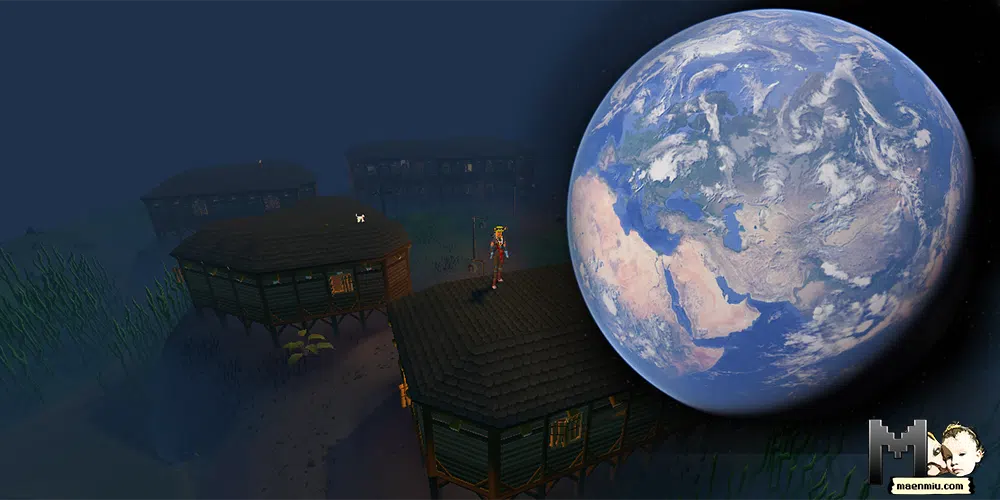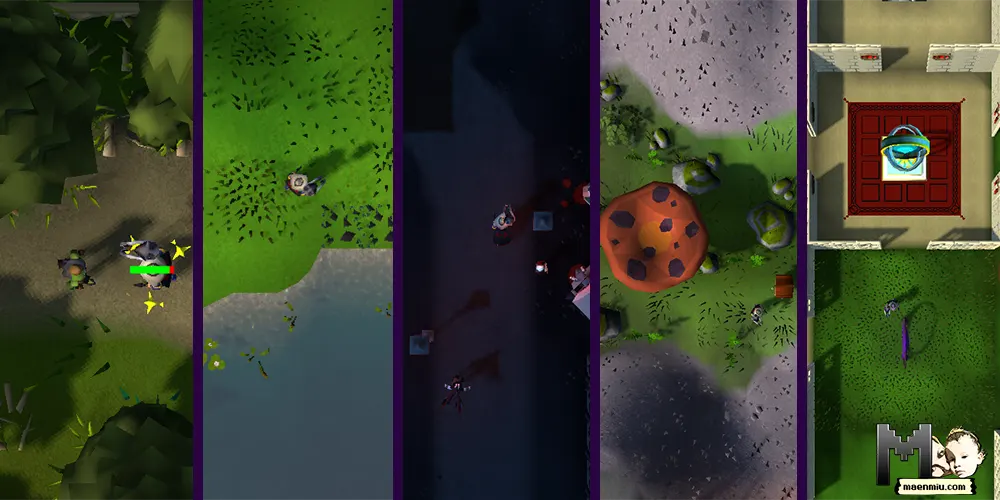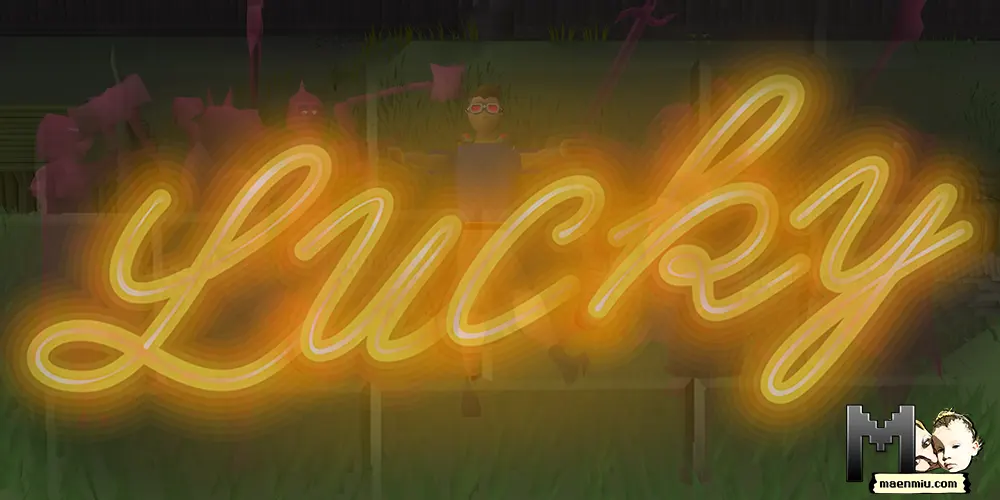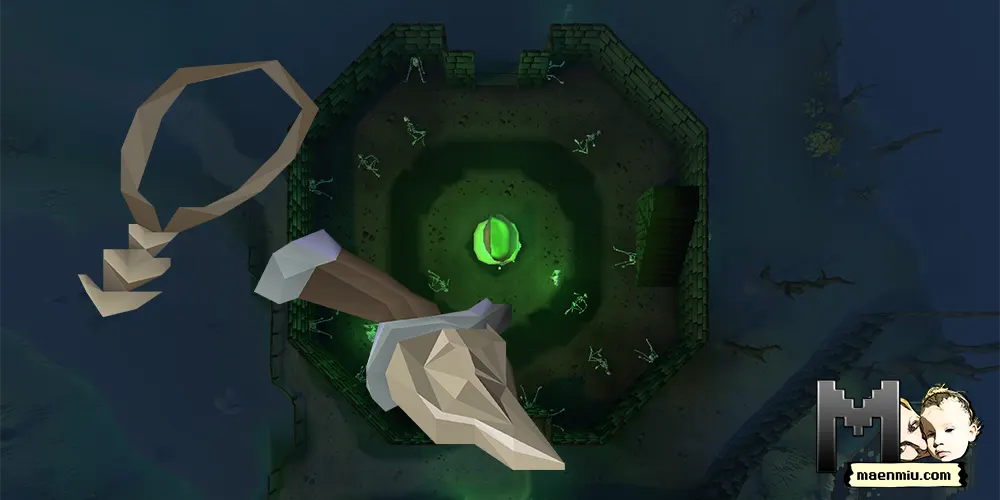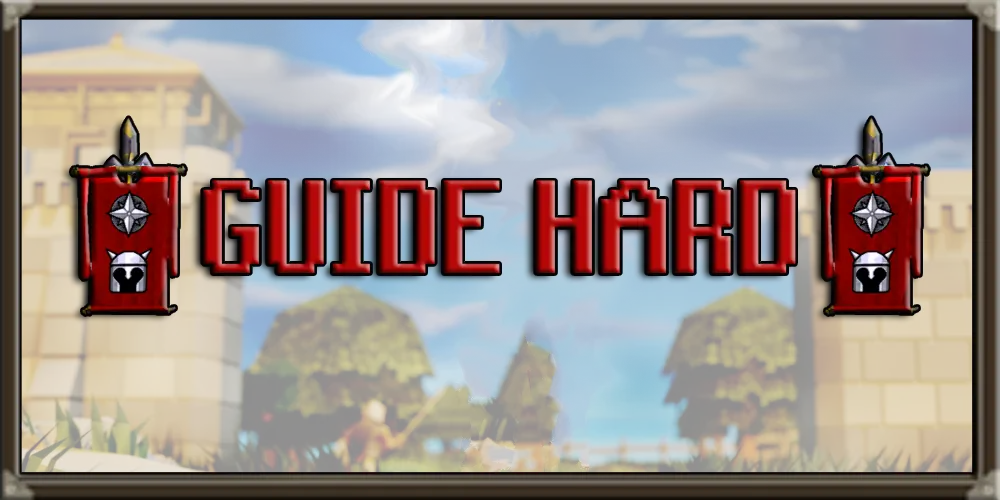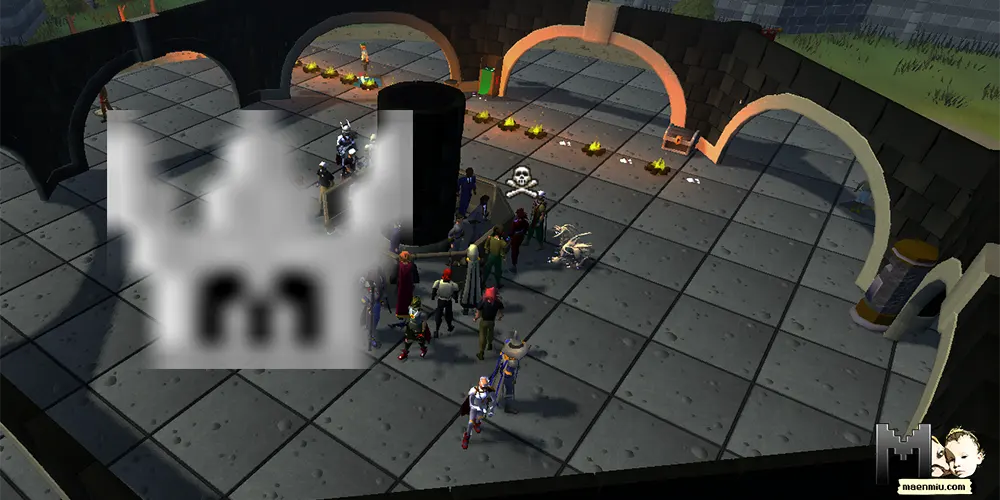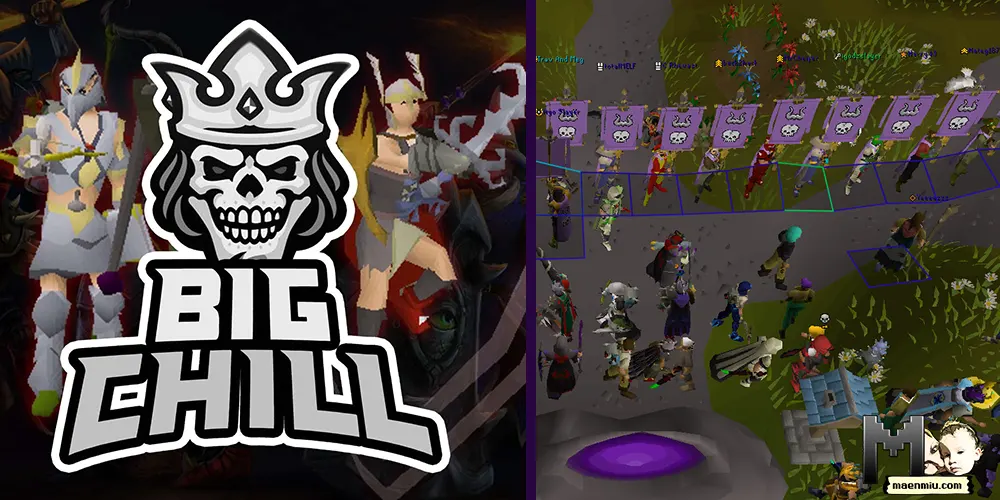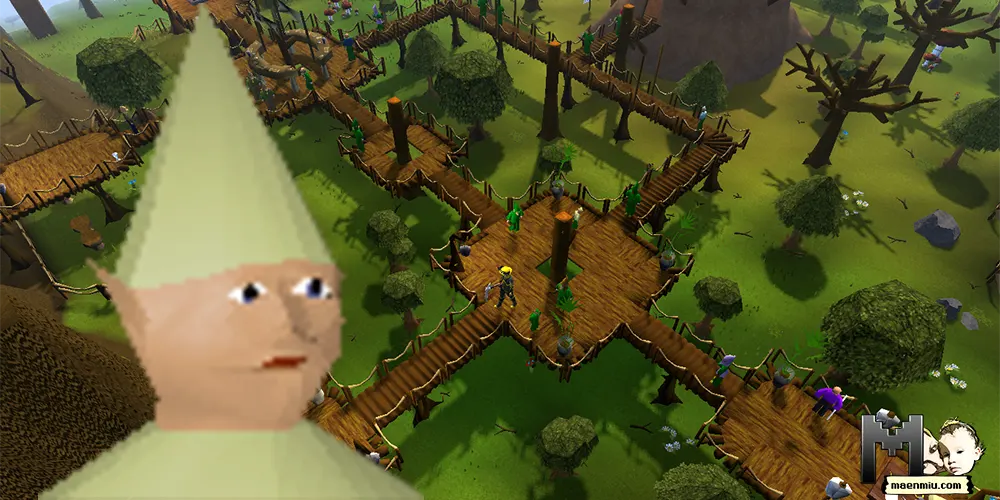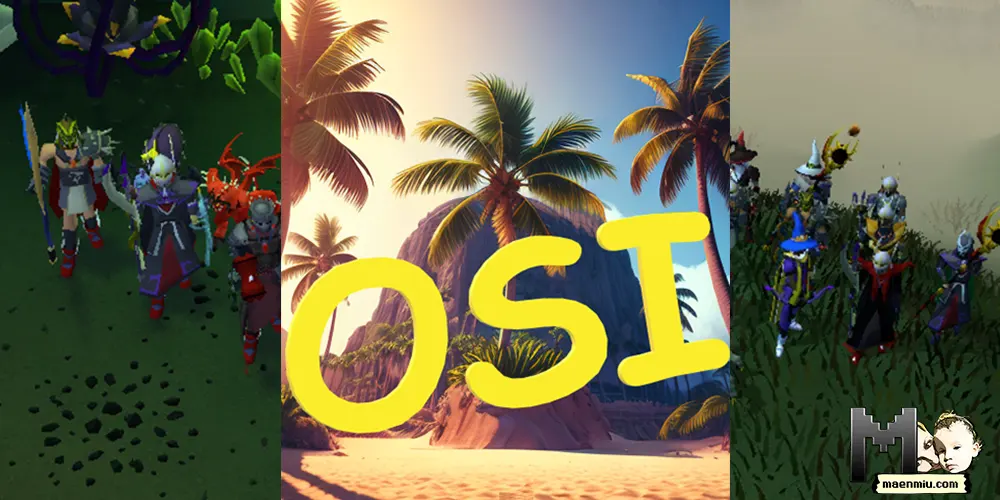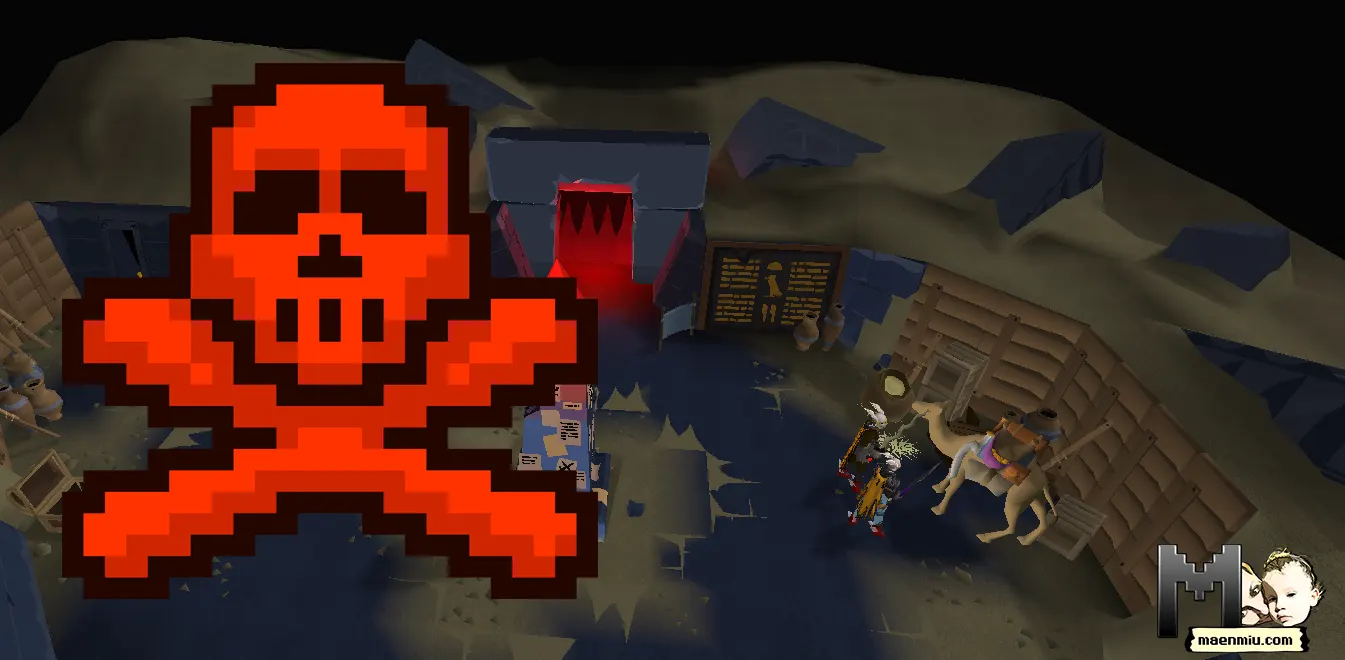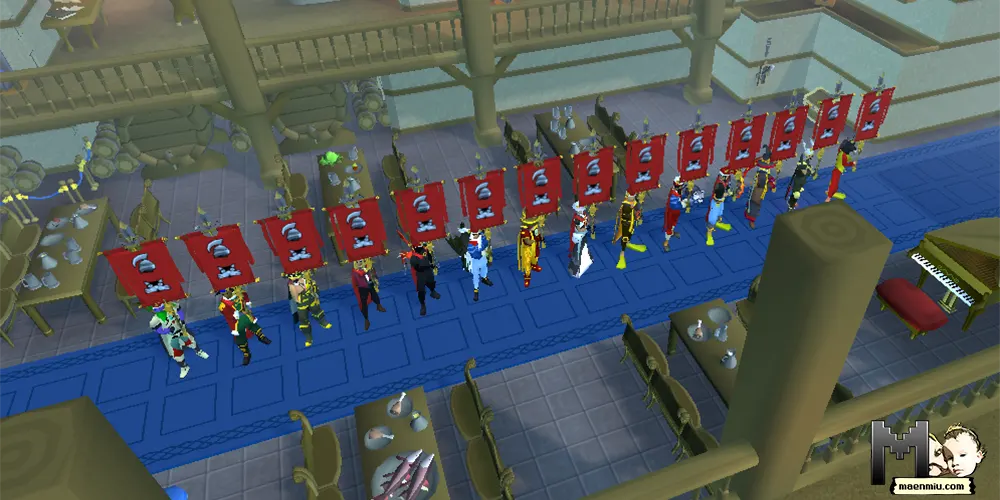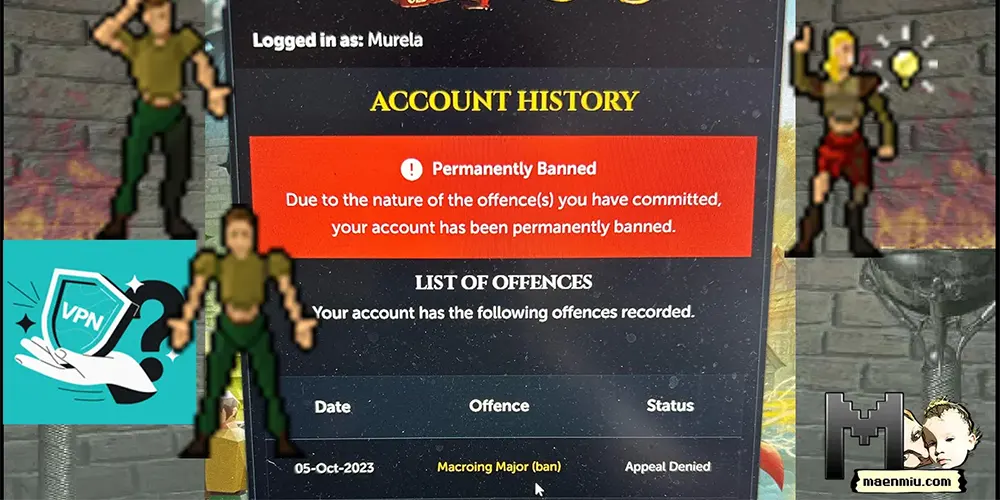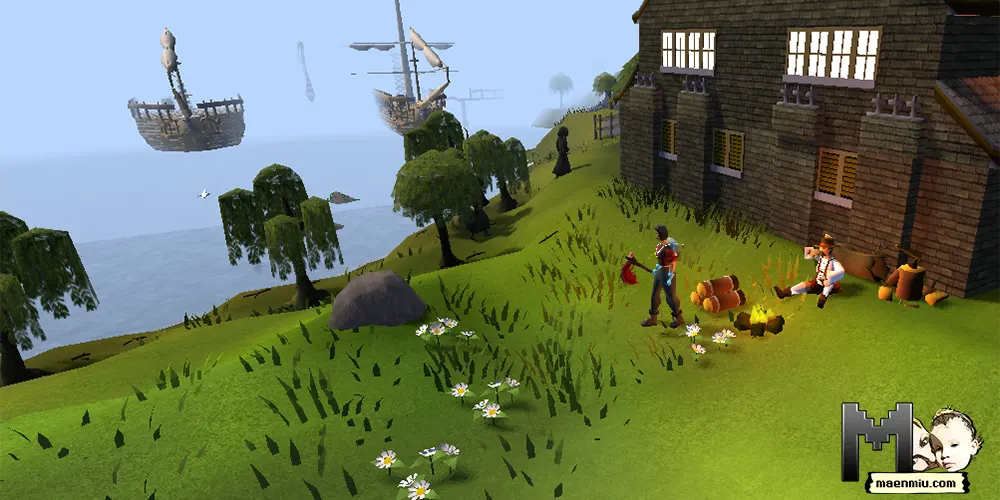
Forestry, the woodcutting expansion in Old School RuneScape (OSRS), has brought woodcutting to a whole new level through the social and cooperative aspect, but it also broke the game on launch. To start off your forester’s journey you can speak to one of the two friendly foresters either in Draynor village or Seers’ village, both located just south of the banks and marked o the minimap. Bring 120 coins to get the forestry kit.
There are three Forestry worlds now, and rather unusual of Jagex they didn’t consider bringing a fourth or fifth server for Australia and Germany since ping doesn’t matter all that much when woodcutting, so the picks are world 444 and 487 for NA, and 510 for UK.
You might like
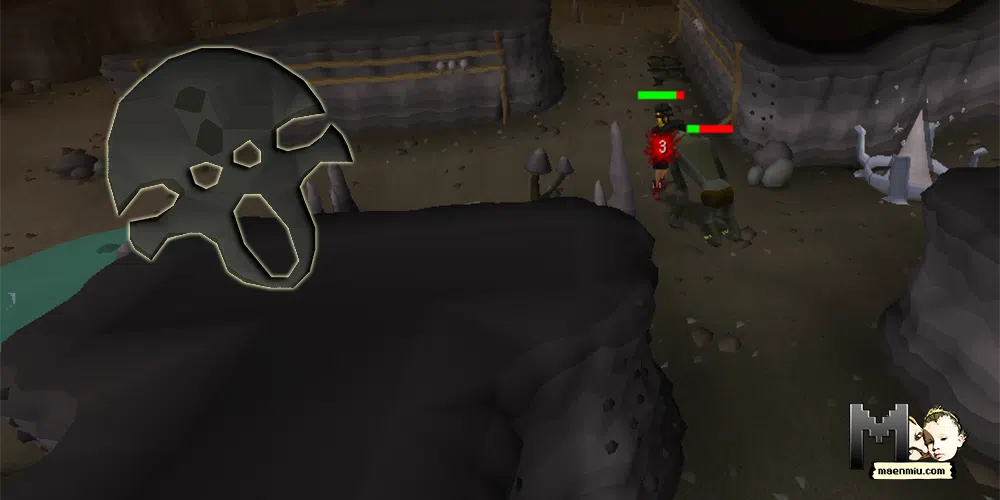
Forestry kit
The forestry kit includes a range of intriguingly named items: anima infused bark, leprechaun charm, bee on a stick, nature offerings, forester’s ration, secateurs attachment, and various leaves from different trees. The careful choice of words here does more than just add a fun aspect to the game – it links deeply to the core concept of forestry and woodcutting, integrating well into the imaginative world of Old School RuneScape. For me it’s important to understand these linguistic choices, the connections to real-life forestry practices, and any cultural roots they may have, because I find it purely fascinating.
Anima infused bark
The term ‘Anima’ originates from Latin, meaning ‘soul’ or ‘life,’ and it has figured prominently in philosophical and psychological discussions. Renowned figures like Carl Jung have used ‘anima’ to represent the feminine inner personality within men. In the context of Old School RuneScape’s ‘anima infused bark,’ it implies the there’s life inside the bark. This fits neatly into the game’s fantastical universe, where magic and the supernatural are central.
The choice of ‘Anima-infused bark’ as the Forestry Shop’s main currency is thought-provoking. This selection ties the forest’s spirit to commerce within the forestry events. Bark, with practical applications in the real world such as medicine, tannin extraction, and food, gains a new significance in OSRS. The ‘Anima-infused bark’ is no longer a mere byproduct of woodcutting but a valued currency embodying the forest’s spirit. So don’t waste it and be mindful about what you choose to buy in the rewards shop, since some of the rewards are questionable.
Earning ‘Anima-infused bark’ through forestry events suggests that active engagement with nature yields unique rewards. This concept parallels real-world sustainability principles and the idea that respectful, sustainable interactions with nature have their benefits. The OSRS Forestry Shop, therefore, serves as a platform illustrating these core principles.
Leprechaun charm
The ‘Leprechaun Charm’ in Old School RuneScape (OSRS) ingeniously incorporates Celtic folklore into the game, blending culture, nature, and a touch of mischief associated with leprechauns. This charm, used to attract a Woodcutting Leprechaun, introduces an element of unpredictability yet promises beneficial services, akin to the leprechauns’ portrayal in Irish mythology and the already very familiar tool leprechaun you might be using to note herbs. Creating this charm involves combining a clover insignia, an emerald, and a ball of wool, symbolizing luck, Ireland’s ‘Emerald Isle,’ and artisanal crafts, respectively. The needed crafting and farming levels to create these charms underscore the value of skill and expertise. This integration of woodcutting, crafting, and farming resonates with real-world sustainable practices requiring diverse knowledge for responsible resource management. Overall, the ‘Leprechaun Charm’ enhances the OSRS experience by marrying folklore, game mechanics, and sustainable concepts in an immersive and entertaining way.
Bee on a stick
Old School RuneScape’s ‘Bee on a Stick’ is a playful item reflecting the profound real-world role bees play in forest ecosystems, particularly in pollination and biodiversity preservation. This seemingly whimsical combination of a natural element (the bee) and a primitive tool (the stick) embeds a crucial ecological message into the game mechanics, which highlights the importance of bees to the lifecycle of nature.
The phrase “Your Bee on a stick buzzes excitedly as it detects pollen rich plants nearby” successfully links natural processes with game dynamics. This intuitive representation of bees’ attraction to pollen-rich plants not only enhances game immersion but also educates players on bee behaviour. Creating ‘Bee on a Stick’ in-game by combining powdered pollen, logs, and a ball of wool near a beehive acknowledges the artisan craft of beekeeping and emphasizes the principles of sustainability. It adds complexity to gameplay by requiring proficiency in woodcutting and hunting.
The use of bees as a game element can also be seen as an implicit message about environmental conservation. Their presence often symbolizes a thriving ecosystem in reality, and this association is subtly mirrored in OSRS. ‘Bee on a Stick’ is thus a linguistically and design-wise smart choice that enriches gameplay, while subtly imparting knowledge about nature’s complex interdependencies and individual species’ roles in maintaining ecological health.
Nature offerings
The ‘Nature Offerings’ item cleverly blends language, gameplay mechanics, and cultural practices. The term suggests a gift to nature, introducing a sense of reverence to the woodcutting process, transforming it from a mere task into a mutual exchange with nature. This mirrors real-world practices where offerings are made to higher powers, often without expecting a tangible return. Using Nature Offerings in OSRS increases the likelihood of gaining extra logs, reflecting a similar sentiment. The creation process of Nature Offerings, involving ritual mulch and herbs, mirrors real-world practices of composting and ritualistic herb use. Therefore, ‘Nature Offerings’ serves as an ingenious linguistic choice, intertwining gameplay with themes of respect and reciprocity with nature. This not only deepens the Forestry expansion’s thematic relevance but also aligns player actions with a respectful approach to woodcutting.
Forester’s ration
The ‘Forester’s Rations’ in OSRS’ Forestry expansion introduces realism and highlights the physicality of woodcutting. ‘Rations’ traditionally refers to portable food supplies, typically for soldiers or outdoor enthusiasts. In the game, these rations restore energy during woodcutting, mirroring the need for sustenance during labour-intensive activities. Their preparation requires both woodcutting and cooking skills, suggesting the importance of diversified skills for survival, paralleling real-world wilderness survival skills. ‘Forester’s Rations’ adds to the immersive gameplay, underscoring the necessity of sustenance and energy management. By incorporating survival skills, it intensifies the realism and complexity of the game, enhancing the player’s engagement with the Forestry expansion.
Secateurs attachment
The ‘Secateurs Attachment’ cleverly incorporates real-world horticultural practices. Secateurs, used for pruning in reality, symbolize an enhanced tool in the game to improve woodcutting, particularly the collection of leaves. By doing so, the game underscores the significance of every part of a tree, not just the timber. Crafted from a blade and an iron bar, the attachment emphasizes the game’s crafting mechanics and the need for diverse skillsets, mirroring real-world practices of tool maintenance. The attachment’s ability to double the amount of leaves collected signifies their utility within the game, mirroring their real-world applications in composting, medicinal, and culinary uses. Thus, ‘Secateurs Attachment’ adds depth to the game, tying into real-world practices and highlighting the comprehensive value of trees and the importance of resource management.
Leaves
Finally, the inclusion of leaves from different trees – oak, willow, yew, maple, and magic – represent the diversity in forestry. Each of these trees holds a significant place in various cultures. For instance, the Yew tree is often associated with immortality and death in Celtic culture due to its long lifespan and poisonous nature. The magic leaves, on the other hand, add a fantasy element, reminding players of the magical aspect of RuneScape’s universe. They can be used to create further useful items which only adds up to the ideas shared by the other items around sustainability and an ecofriendly approach to woodcutting and forestry.
Overall
Overall, the linguistical choices in the OSRS Forestry expansion are more than just whimsical additions. They bring the game closer to real-world practices of forestry while respecting cultural narratives and real-world ecological connections. Old School RuneScape’s Forestry expansion enriches woodcutting gameplay with elements mirroring real-life forestry practices and cultural insights.
The Forestry kit introduces items such as ‘Anima Infused Bark’, representing life-filled currency, and ‘Leprechaun Charm’, merging Celtic folklore with sustainability concepts. The whimsically named ‘Bee on a Stick’ emphasizes bees’ pivotal role in ecosystems, underlining environmental conservation. The ‘Nature Offerings’ and ‘Forester’s Rations’ mirror cultural practices and survival skills, respectively. The ‘Secateurs Attachment’ symbolizes enhanced woodcutting efficiency, stressing the comprehensive value of trees, while diverse tree leaves add cultural and fantastical aspects. Despite initial launch issues, the Forestry expansion delivers an immersive experience that intertwines linguistic choices, game mechanics, and real-world practices, thereby adding depth to the game and engaging players on multiple levels.
I created this article with the partial assistance of an AI tool. Learn about my view on AI and why I’m telling you about it.

